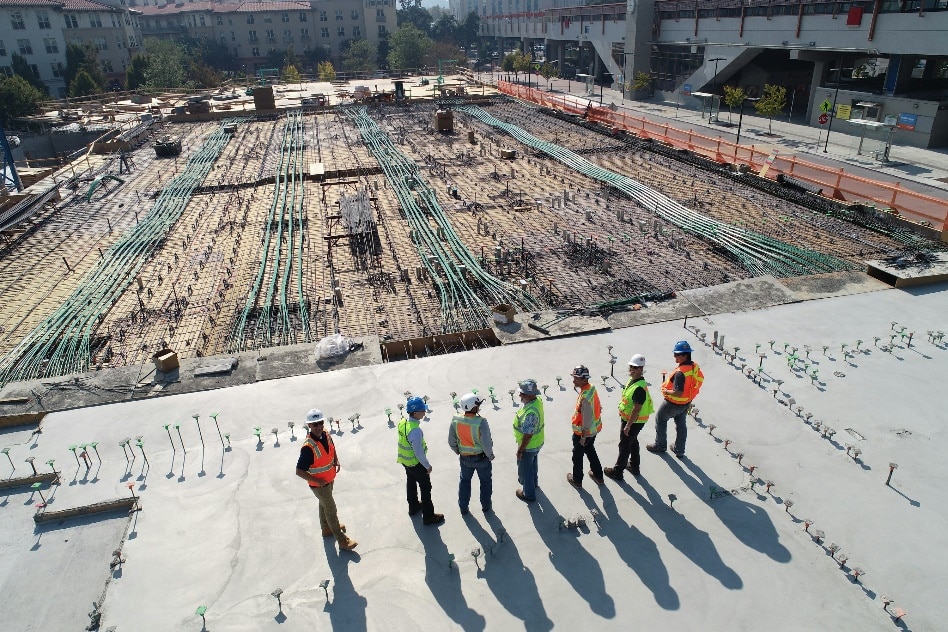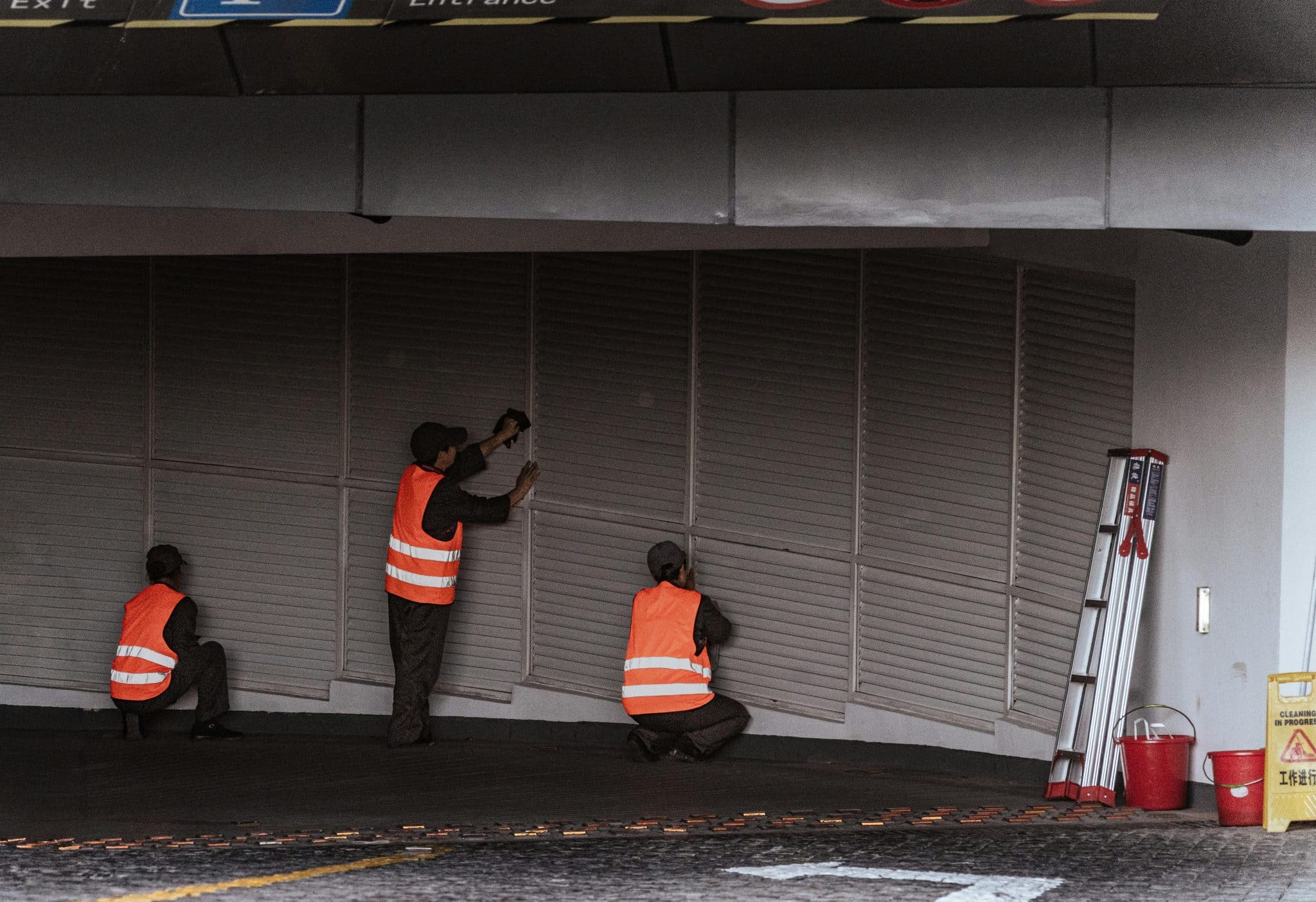Construction management is a critical component of any successful building project.
It involves coordinating various tasks, managing resources, and ensuring the project stays on schedule and within budget.
Effective construction management is crucial to overcoming unique regional challenges and achieving optimal results for projects like Odessa, Pecos, Ozona, and San Angelo.
This article provides practical tips for enhancing efficiency in construction management, from finding suitable accommodations for workers to implementing effective communication strategies.
Finding Suitable Accommodation for Workers and Visitors
Providing comfortable and convenient accommodation for workers and visitors near the construction site is essential for maintaining productivity and morale.
In remote or resource-heavy areas like Odessa, Pecos, Ozona, and San Angelo, this can be particularly challenging.
Man camps or temporary housing facilities can be a practical solution, offering a range of amenities to support workers during the project.
Benefits of Man Camps
Man camps are designed to provide a home-like environment for workers, with facilities such as dining areas, recreational spaces, and laundry services.
These accommodations can significantly enhance the quality of life for workers, leading to higher job satisfaction and reduced turnover rates.
By having workers stay close to the construction site, companies can minimize commute times and make sure that workers are well-rested and ready for their tasks.
Choosing the Right Man Camp
When choosing the right accommodation, it would be best if you considered factors such as proximity to the construction site, available amenities, and the capacity to house the required number of workers.
A well-equipped man camp near the actual site can improve the overall efficiency of the project by reducing the logistical challenges associated with worker accommodation.
For instance, a man camp on W. Oil Field Dr. can provide specialized facilities tailored to the needs of workers in the oil and gas industry.
These camps often include features such as secure storage for equipment, training rooms, and medical facilities, which can be vital for maintaining safety and productivity on the job site.
Look up Oilfield man camp on any search engine for more information.
Impact on Project Efficiency
Having a reliable accommodation solution like Iron Guard Housing can streamline various aspects of project management.
With workers and visitors housed in close proximity to the site, it becomes easier to manage shift schedules, conduct meetings, and address any issues that arise promptly.
This proximity can also facilitate better teamwork and communication, as workers have more opportunities to interact and collaborate outside of working hours.
Implementing Effective Communication Strategies
Effective communication is the backbone of successful construction management.
Clear and consistent communication helps to align all stakeholders, from project managers and contractors to workers and clients, ensuring that everyone is on the same page and working towards common goals.
Utilizing Technology for Communication
In today’s digital age, leveraging technology can significantly enhance communication efficiency.
Project management software, mobile apps, and other digital tools can facilitate real-time communication and collaboration among team members.
These platforms allow for the sharing of project updates, schedules, and documents, reducing the risk of misunderstandings and errors.
For example, using a cloud-based project management tool can help project managers keep track of progress, assign tasks, and monitor deadlines.
Workers can access these tools from their mobile devices, making it easier to stay informed and connected, regardless of their location on the job site.
Regular Meetings and Check-Ins
While technology plays a crucial role, regular face-to-face meetings and check-ins are equally important for maintaining effective communication.
Scheduled meetings provide an opportunity to discuss project milestones, address any concerns, and make necessary adjustments to the project plan.
These meetings should be well-organized and focused, with clear agendas and actionable takeaways.
In addition to formal meetings, informal check-ins can help build rapport among team members and foster a collaborative working environment.
Encouraging open communication and feedback can lead to better problem-solving and innovation, ultimately enhancing project efficiency.
Clear Documentation and Reporting
Accurate documentation and reporting are essential for keeping all stakeholders informed about the project’s progress.
This includes maintaining detailed records of project plans, budgets, schedules, and any changes or updates. Clear documentation helps to track progress, identify potential issues early, and make informed decisions.
Regular progress reports should be shared with all relevant parties, including clients, contractors, and workers.
These reports should provide a concise overview of the project’s status, highlighting any significant achievements or challenges.
By keeping everyone informed, project managers can foster transparency and trust, which are vital for successful construction management.
Prioritizing Safety and Compliance
Safety and compliance are fundamental aspects of construction management.
Ensuring that all safety protocols and regulations are strictly followed is crucial for preventing accidents and maintaining a productive work environment.
Developing a Comprehensive Safety Plan
A comprehensive safety plan should be developed at the beginning of the project and communicated to all team members.
This plan should outline all safety procedures, emergency protocols, and guidelines for using equipment and machinery.
Regular safety training sessions and drills should be conducted to keep workers informed and prepared.
In addition to standard safety measures, it’s essential to address any site-specific risks and hazards.
For projects in areas like Odessa, Pecos, Ozona, and San Angelo, this might include considerations for extreme weather conditions, wildlife, or hazardous materials.
By proactively identifying and mitigating risks, construction managers can create a safer work environment for everyone involved.
Monitoring Compliance and Performance
Regular inspections and audits should be conducted to monitor compliance with safety regulations and project specifications.
This includes checking that all workers have the necessary certifications and training, that equipment is properly maintained, and that all safety protocols are being followed.
Performance monitoring is also essential for maintaining efficiency and quality.
This involves tracking key performance indicators (KPIs) such as project milestones, budget adherence, and worker productivity.
By continuously assessing performance, construction managers can identify areas for improvement and implement corrective actions as needed.
Encouraging a Safety-First Culture
Promoting a culture of safety within the organization is critical to ensuring that safety remains a top priority throughout the project.
This involves encouraging workers to report any safety concerns or incidents, recognizing and rewarding safe behavior, and fostering a sense of collective responsibility for safety.
By making safety an integral part of the project culture, construction managers can help to reduce accidents and injuries, improve worker morale, and enhance overall project efficiency.
Efficient construction management is essential for the success of any project.
By focusing on key areas such as worker accommodation, effective communication, and safety, construction managers can enhance efficiency and achieve better outcomes.
In regions like Odessa, Pecos, Ozona, and San Angelo, these strategies can help overcome unique challenges and deliver successful projects on time and within budget.
With careful planning and execution, construction managers can create a productive and safe work environment that benefits all stakeholders.








